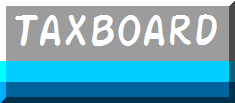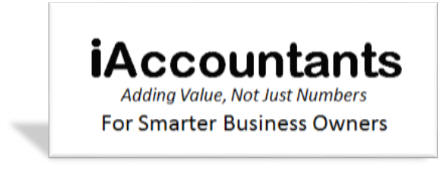Business And Financial Wisdom You Can Put To Work

Personal Growth

Just What Is a Free
Day™?
Imagine the following scenario. It’s Wednesday afternoon. You and your
spouse are having lunch at your favorite restaurant, “catching up.”
After lunch you’ll consider a movie, or just go home and read. It
doesn’t matter which. Your cell phone is off, work is the farthest thing
from your mind, and you’re committed to nothing more than simply
relaxing. You return to the office the next morning, guilt-free and
feeling rather energetic.
Most people think of Free Days as a reward for hard work. I don’t. Free
Days are a necessary precondition for achieving success and optimum
productivity.
This is a Free Day, a 24-hour period completely free from work-related
problem-solving, communication, and action. It’s not so easy to imagine,
is it? If you’re like most entrepreneurs, the whole notion of free time,
particularly midweek, is nothing less than far-fetched. How can you take
free time when there’s work to be done, money to make, commitments to be
kept?
Free Days are a necessary precondition for achieving success and optimum
productivity. On any given day, most entrepreneurs would consider
themselves extraordinarily lucky (or seriously pressured) to be able to
squeeze in a bit of free time, let alone a whole day. It happens only IF
they can first get “a few things” done, IF there are no unexpected
crises, and IF they can just clean up a few “little messes” around the
office. Not surprisingly, this seldom, if ever, happens.
But if you want to improve the quality of both your work and personal
life, I think it should. And often.
How Can I Possibly Take Free Days?
Right now, most of us figure out how much time we need to work and make
money. Then, if there’s anything left over, we devote it to free time.
But this concept doesn’t work for “time,” the same way it doesn’t work
for “savings.” As anyone in the financial services industry knows,
savings has to “come off the top.” You figure out what you want to save,
take it off the top of your salary, and live on the rest. Free time is
just like savings: it has to come off the top. Plan Free Days off the
top, and work everything else around them.
Why Do I Really Need Free Days?
Many entrepreneurs are totally fixated on work, with no time for
anything personal. They are successful for awhile, but their
one-sidedness catches up to them, especially in their personal and
family lives. I believe the most successful entrepreneurs achieve a
balance between their personal and professional lives, using Free Days
as a strategic tool in their long-range planning.
Most people think of Free Days as a reward for hard work. I don’t. Free
Days are a necessary precondition for achieving success and optimum
productivity. Free Days are rejuvenating. They allow us to put our lives
into perspective and lay the grounds for creativity, the most valuable
asset we have to offer in the marketplace.
How Can This Be?
I believe that entrepreneurs think, communicate, and act differently
than most people. Instead of uniformity, repetition, and predictability,
entrepreneurs base their success on variety, creativity, and
productivity.
But too often, we get bogged down in “stuff” that robs us of our
creativity, our days become routine, our productivity becomes low
because we’re not able to focus on what we’re really best at doing. We
have to l) figure out ways to re-energize that creativity, 2) find new
ways to “get stuff done,” and 3) focus on our strengths. We have to
schedule our time to ensure we have all three.
How Should I Use a Free Day?
Some people are rejuvenated by engaging in highly energetic activities.
They need to be out and about, on the go all the time. Others are just
the opposite. They just want to relax, curl up with a book, listen to
music, lie on a beach, or have a good conversation. Natural environments
— especially mountains, forests, deserts, and oceans — often have a
soothing, therapeutic effect on people who are caught up in a
technological civilization.
Whatever you choose, your Free Day should allow you to be in a different
world, away from responsibilities, concerns, worries, and goals.
© 2007 The Strategic Coach
The Strategic Coach


Communities of Practice

Insights and Know How



TeamStart Publishes Trusted Business and Financial Wisdom
TeamStart is a registered trademark owned by Info L inc. Copyright to articles indicated in article. The rest is copyright © 2016 Teamstart and Info L inc.